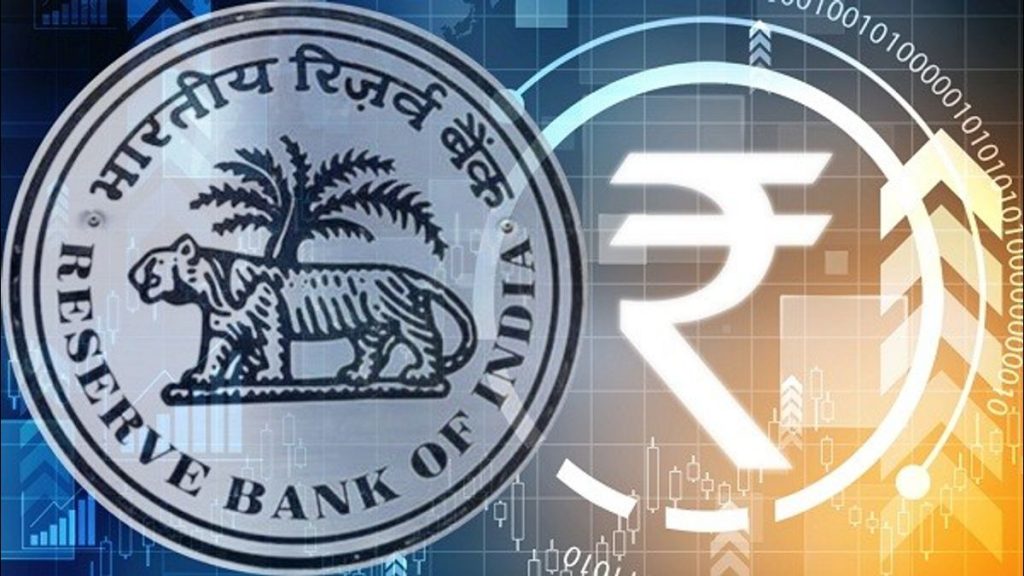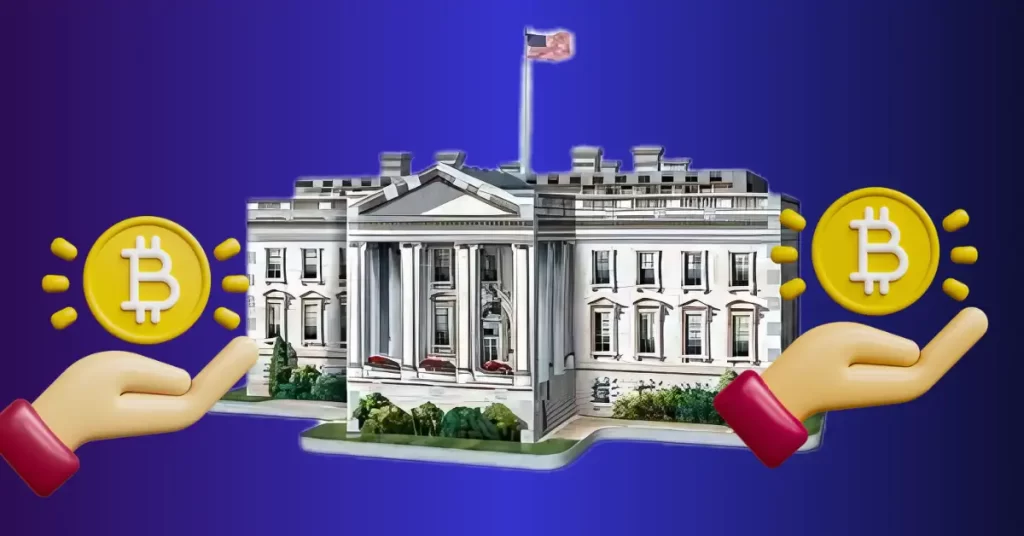
The post India Looks Forward To Launch CBDCs Through A Classified Proposal appeared first on Coinpedia - Fintech & Cryptocurreny News Media| Crypto Guide
The Reserve Bank of India (RBI) proposed a three-step graded method for rolling out CBDC “with little or no interruption” to the old financial system, and also confirmed India’s plan to introduce an in-house central bank digital currency (CBDC) in 2022-23.
Indian finance minister Nirmala Sitharaman mentioned the launch of a digital rupee in February while discussing the budget for 2022. She said it would give the digital economy a “big boost.” RBI opened up about evaluating the benefits and drawbacks of adopting a CBDC in its annual report released on Friday
The RBI underlined in the study that India’s CBDC must function as per the country’s goals in terms of “monetary policy, financial stability, and efficient operations of currency and payment systems.”
30% Crypto Tax On Unrealized Gains
At present various design features of CBDCs are being looked at closely which can go hand in hand with the existing fiat system without causing disruptions, based on this need. The Indian Finance Bill 2022, which mandated a 30% crypto tax on unrealized gains, also establishes the legislative foundation for the establishment of a digital rupee claiming that
“The Reserve Bank offers a graded approach to CBDC implementation, moving through stages of Proof of Concept, pilots, and launch one by one.”
As we complete half the year of 2022, RBI is on the verge of validating the possibility and functionality of launching the CBDCs in the proof of concept stage.
On May 17, RBI officials reportedly issued a warning against cryptocurrency adoption, citing the dangers of the “dollarization” of the Indian economy.
Key RBI officials, including governor Shaktikanta Das, have expressed concern about the world of cryptocurrencies, which is dominated by the US dollar, and also warned that it [crypto] will severely impede the RBI’s ability to set monetary policy and control the country’s monetary system.

 3 years ago
155
3 years ago
155














 English (US) ·
English (US) ·